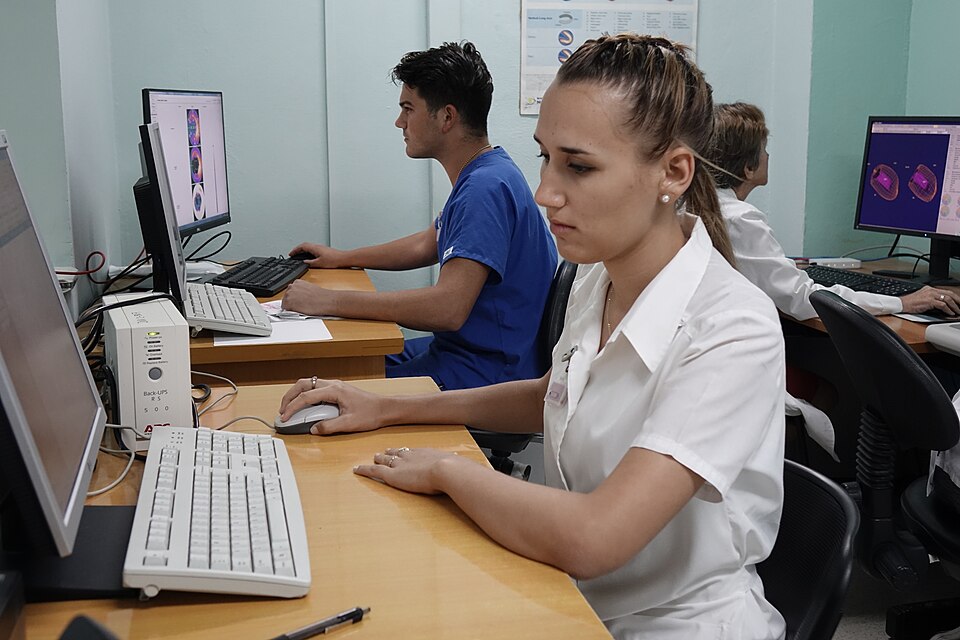Bariatric Surgery Shows Superior Long-Term Weight Loss Over GLP-1 RAs

A recent head-to-head study published on June 17, 2025, at the American Society for Metabolic and Bariatric Surgery Annual Scientific Meeting indicates that bariatric surgery results in significantly greater long-term weight loss compared to GLP-1 receptor agonists (RAs) such as semaglutide and tirzepatide. Conducted by Dr. Avery Brown, a surgical resident at NYU Langone Health, the study analyzed electronic health records of over 51,000 patients treated between 2018 and 2024, revealing that those who underwent bariatric surgery experienced an average weight loss of 23.3% over three years, compared to just 4% among those treated with GLP-1 RAs.
The study involved 38,545 patients utilizing GLP-1 RAs and 12,540 individuals who underwent bariatric procedures, including minimally invasive sleeve gastrectomy and Roux-en-Y gastric bypass. The findings suggest that, even when accounting for the growing popularity of GLP-1 RAs, the effectiveness of bariatric surgery remains considerably higher. According to Dr. Brown, "Clinical trials show weight loss between 15% to 21% for GLP-1s, but this study suggests that weight loss in the real world is considerably lower even for patients who have active prescriptions for an entire year."
A notable concern from the study is that many patients prescribed GLP-1 RAs eventually discontinue their treatment within the first year. This raises questions about the long-term efficacy of these medications for sustained weight loss. The data showed that after one year, individuals on GLP-1 RAs achieved only a 5.9% reduction in body weight, while bariatric surgery patients lost approximately 22.2% of their total weight during the same period.
Despite the advantages of bariatric surgery, the study highlights that patients who received GLP-1 RAs had higher rates of comorbidities such as diabetes, hyperlipidemia, and chronic obstructive pulmonary disease, which may influence their treatment decisions. The study calls for patients to adjust their expectations regarding GLP-1 RAs and to consider bariatric surgery as a viable option for more significant weight loss results.
The research was supported by grants from the National Center for Advancing Translational Sciences and the National Institute of Allergy and Infectious Diseases. Although the authors did not specify any limitations in their report, the findings align with previous research emphasizing the effectiveness of surgical interventions for obesity management. This study adds to a growing body of evidence suggesting that while pharmaceutical options for weight loss are available, surgical solutions may offer more substantial benefits for patients struggling with obesity and related health issues.
As the field of obesity treatment evolves, healthcare professionals are urged to consider the long-term outcomes of different interventions. The implications of these findings may prompt a reevaluation of treatment protocols for obesity, particularly for patients with significant comorbidities. Looking ahead, further research is needed to explore the long-term sustainability of weight loss through both surgical and pharmacological means, as well as the optimal strategies for patient management in obesity care.
Advertisement
Tags
Advertisement





